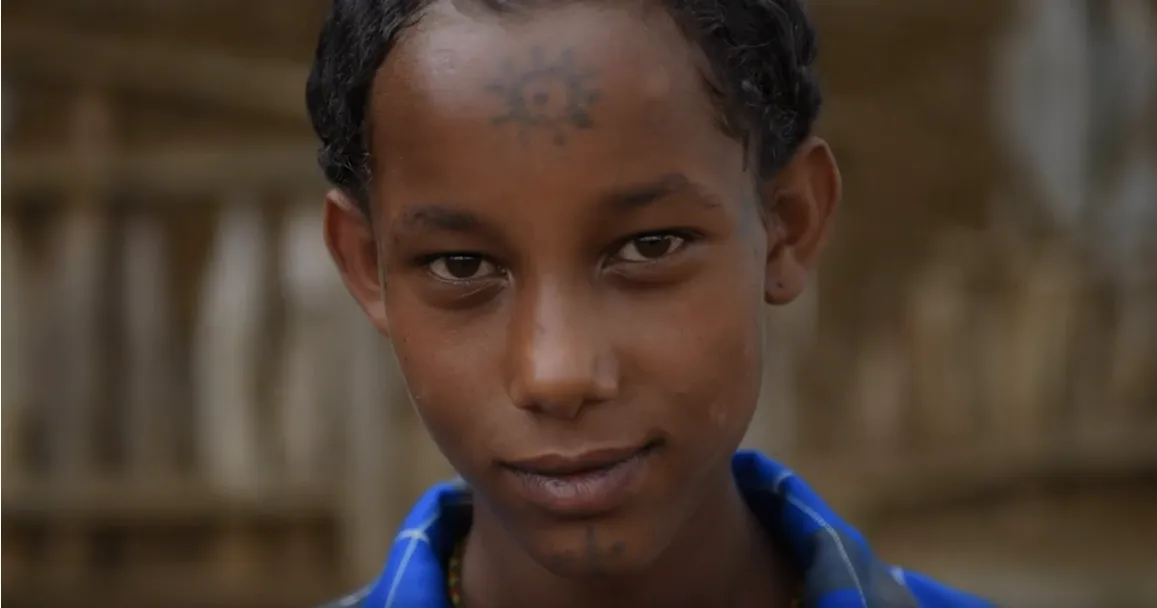Weeks earlier, Mikre’s father was killed on his way home from the market with the family’s savings, which was stolen.
“After he died, I hated life. I could no longer afford to clothe my children, I couldn’t even feed them,” she says.
In Ethiopia, girls as young as 11 are often married against their will to much older men. In the northern region of Amhara where Mikre lives, as many as 48 percent of girls are married by age 15.
“My friend revealed that my mother was going to force me to quit school to be married,” Mikre says.
Mikre confronted her mother, who denied the plans. Unconvinced, Mikre and her cousin, who was also about to be married, tried to run away. They made it to the local bus station where they were turned away for being too young. Days later, while helping her mother prepare for the christening, her new husband showed up.
“I was trapped, so I kept quiet and went with him,” Mikre says.
But after only three days with her husband, she ran away again, returning home to her mother. Her husband soon followed, waiting at the door and demanding Mikre come with him.
“There is an educated man in my community. I wondered, ‘Why can’t I be like him?’ I want to learn and have opportunities like everyone else, not be poor and suffer,” Mikre says. “I thought about my life, quitting school and being forced into marriage. I thought I should kill myself.”

